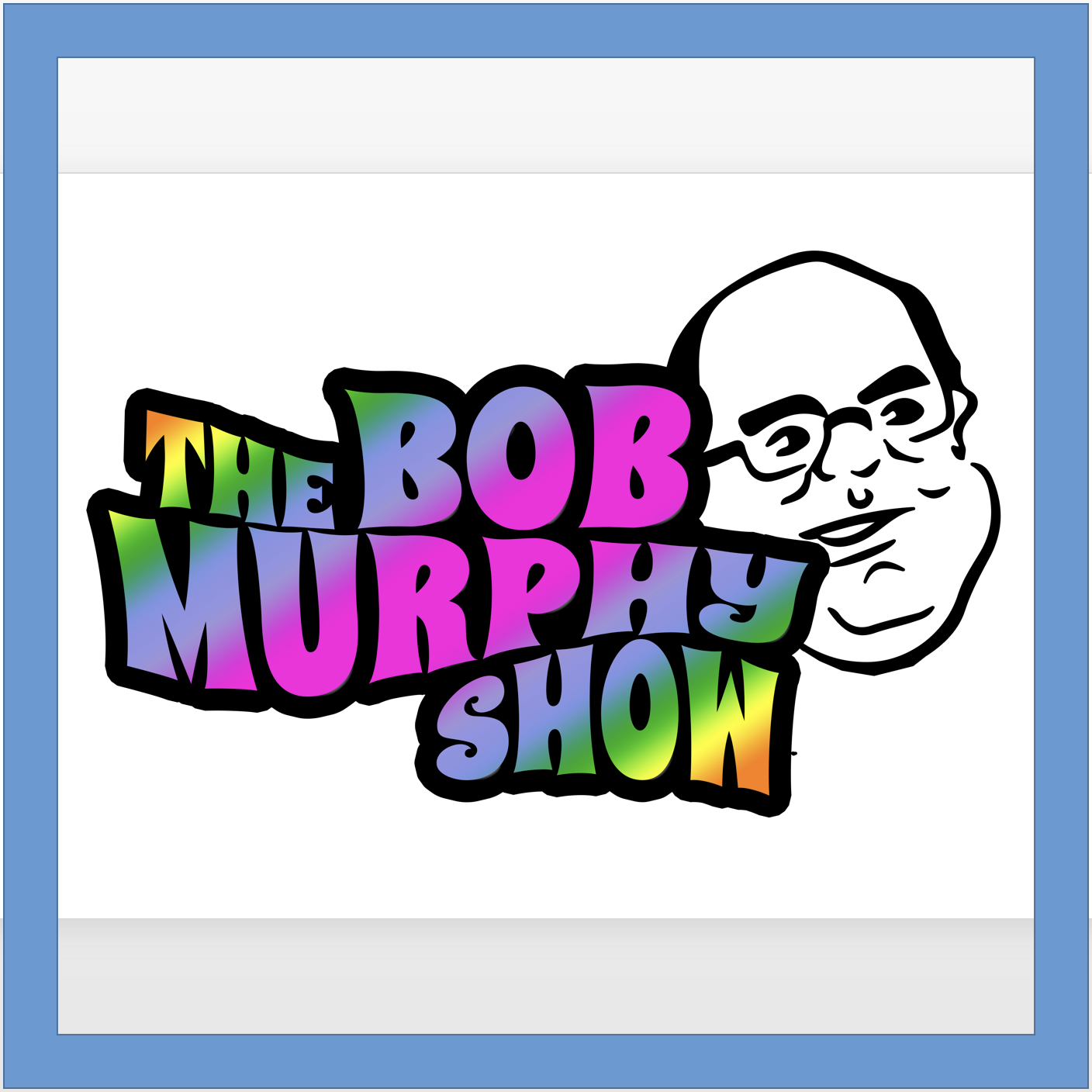Ep. 7 Gödel Made Easy: Explaining One of the Most Important Mathematical Demonstrations of All Time

https://www.bobmurphyshow.com/wp-content/uploads/2018/12/Kurt_gödel.jpg ()Mathematician Kurt Gödel in 1931 published his two famous “incompleteness theorems,” which showed the principled limits on the knowledge we could generate from formal axiomatic systems. Loosely speaking, Gödel showed that there exist true statements about numbers that we will never be able to prove are true. His results have been cited not just in mathematics but also computer science and philosophy. In this episode, Bob details more precisely just what Gödel demonstrated, and gives an intuitive explanation of how Gödel did it. Gödel’s results are some of the most frequently-cited in the 20th century, and revolutionized how people think about truth and knowledge. Even if you have no formal mathematical background, rest assured that this episode will BLOW YOUR MIND. Mentioned in the Episode: http://www.bobmurphyshow.com/lizard (The Three Lads and the Lizard King), Bob’s story (written for his son) that we will review in January 2019. The https://en.wikipedia.org/wiki/G%C3%B6del%27s_incompleteness_theorems (Wikipedia entry) on Gödel’s Incompleteness Theorems. “Numberphile”‘s https://www.youtube.com/watch?v=O4ndIDcDSGc (YouTube episode) on Gödel’s Theorems. https://en.wikipedia.org/wiki/Paris%E2%80%93Harrington_theorem (The Paris-Harrington Theorem), the first “natural” mathematical proposition that is true but unprovable (in a well-defined sense). A conjecture on https://papers.ssrn.com/sol3/papers.cfm?abstract_id=2010183 (the ostensible loophole) that Gödel discovered in the U.S. Constitution. BONUS (not mentioned in episode): http://www.thebigquestions.com/2018/07/30/monday-solution/ (Steve Landsburg’s riddle) that relies on Gödel’s Incompleteness Theorems. The sound engineer for this episode was Chris Williams. Learn more about his work at http://www.ChrisWilliamsAudio.com (ChrisWilliamsAudio.com).